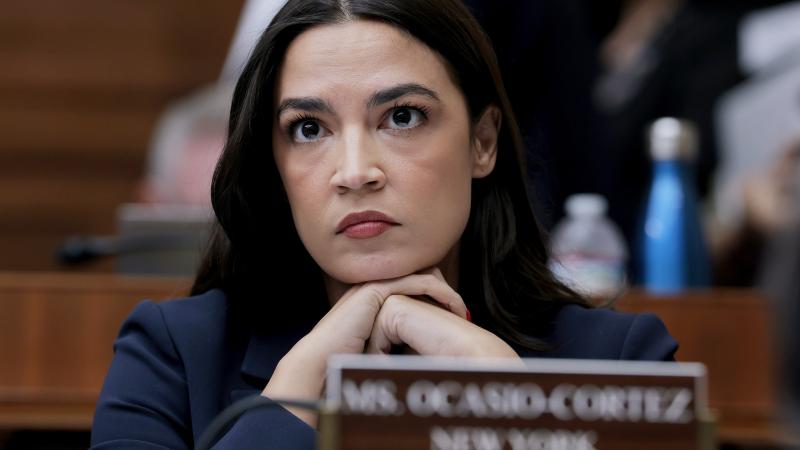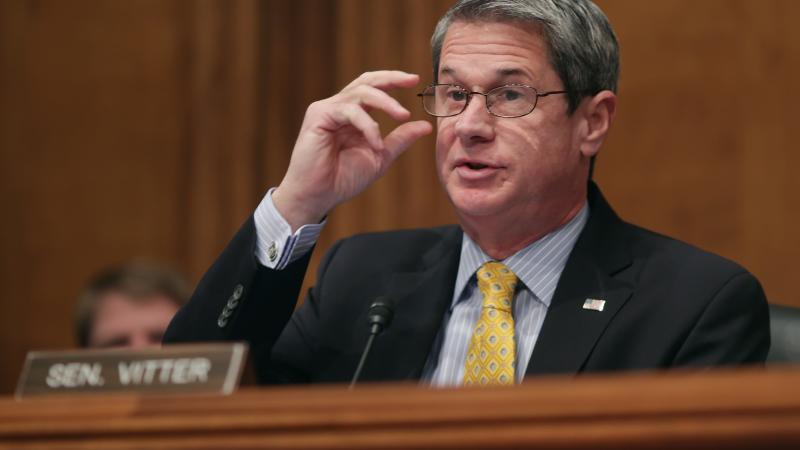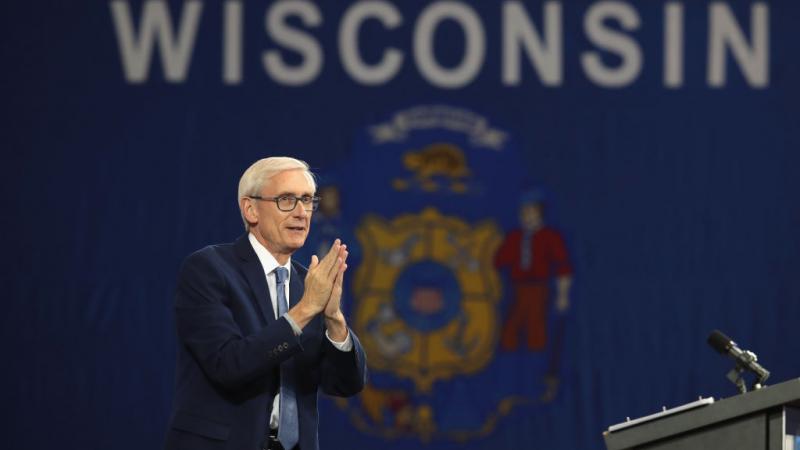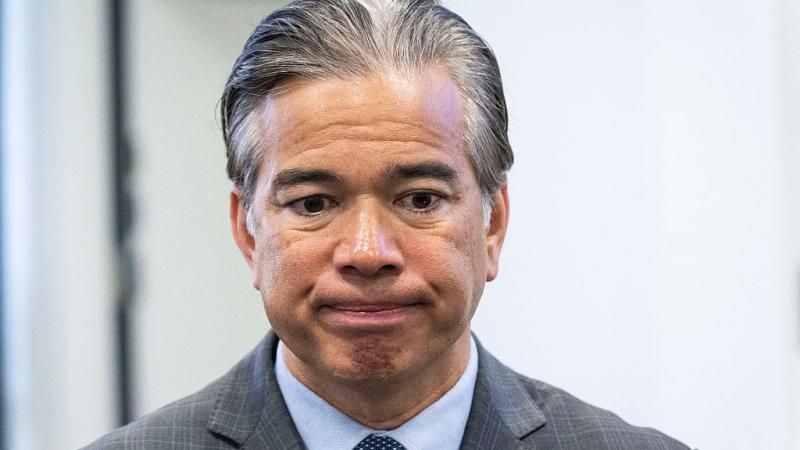Senate Republicans appear hesitant to change confirmation rules despite slow progress
Thune told reporters that the Republican conference is exploring various rule change possibilities to get Trump’s nominees confirmed more swiftly, including eliminating the cloture vote that comes before final confirmation.
Some Senate Republicans on Thursday seemed cautious about changing rules in the confirmation process that would allow the chamber to approve President Donald Trump's nominees quicker, but which could also set a dangerous precedent.
The potential changes come as Democrats slow the confirmation process by demanding time-consuming votes on all of Trump's 150-plus remaining nominees, even ones that would normally have bipartisan support.
Trump has expressed frustration with the speed of confirmations and urged Senate Majority Leader John Thune to cancel the August recess and make his fellow senators work through weekends to confirm the backlog of presidential nominees.
Thune on Thursday told reporters that the Republican conference is exploring various rule change possibilities to get Trump’s nominees confirmed more swiftly, including eliminating the cloture vote that comes before final confirmation.
“We’re having the conversations," Thune said. "Obviously, you want to do it the right way, and so it could very well be something we do when we come back."
Other possibilities include eliminating the two-hour debate window on each nominee and packaging lower-level nominees in groups and voting on them together, according to The Hill.
In order to make any of the changes, the Senate would normally need 67 votes, but the conference has also toyed with establishing new precedents through the lesser-known nuclear option, which would require simple-majority votes to pass. However, some Republicans, including North Carolina Sen. Thom Tillis appeared hesitant to use that method.
“I just generally don’t go nuclear,” Tillis said. “If we do this, then that means the new bar for rule [changes] is a simple majority."
Maine Sen. Susan Collins also appeared apprehensive about using the option, even on lower-level nominees.
“We clearly have a huge problem with bipartisan nominees requiring roll call votes, but I want to see what the exact proposals are,” Collins said.
The Senate is hoping to confirm as many nominees as it can before the August recess. Outstanding nominees after the break would be confirmed when the chamber returns in September.















